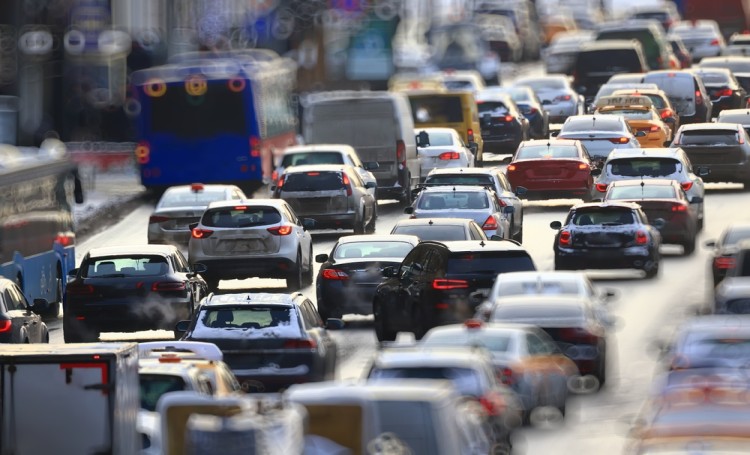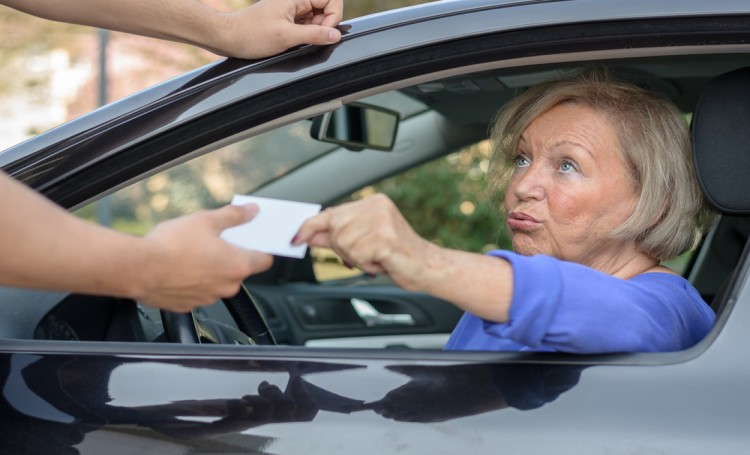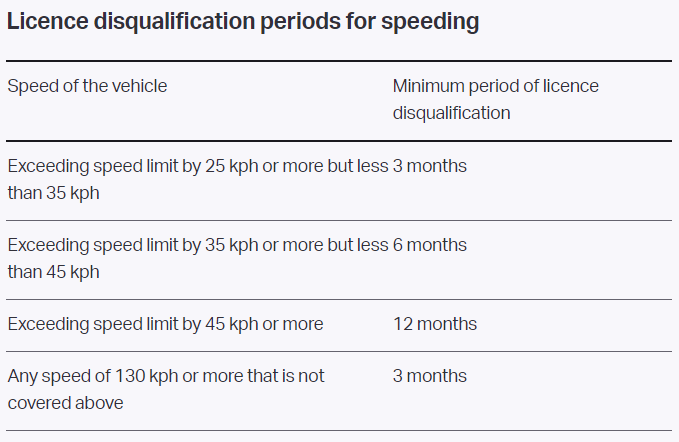
Did you struggle with reaction time and go against the road rules and road conditions without realising it? Knowing what to do next can be scary, especially if you’ve just received a fine and are worried about a potential court proceeding.
According to Victorian Government statistics, there were 1,328,783 total infringements for speeding and red-light offences across 2022–2023. If you don’t understand basic traffic laws (which are complicated to navigate without knowing the legal landscape in Victoria), you want a lawyer who is experienced in major criminal trials and will always advocate for you.
This article will delve into traffic charges you need to know and costly mistakes you don’t want to make.

Before we discuss mistakes to avoid when facing traffic charges, let’s look at the legislation related to driving offences.
The Road Safety Act 1986 (Vic) (‘Road Safety Act‘) is complex and constantly being reviewed, so it’s important to have a reputable criminal lawyer by your side to comprehend any changes.
Under the Road Safety and Other Legislation Amendment Act 2020 (Vic) (‘2020 Act‘), drivers can have their licence suspended immediately if they are caught speeding.
The Road Safety (Amendment) Act 2022 (Vic) (‘2022 Act’) has created new protection procedures on how courts deal with these (such as concerning seat belt offences and mobile phone detection). Since 2022,
the Act has additionally introduced immediate licence suspension penalties for failure to stop after an accident that results in death or serious injury.
On the 29th of October 2019, the Victorian Government replaced the Road Safety (Drivers) Regulations 2009 (Vic) with the Road Safety (Drivers) Regulations 2019 (Vic) (‘Drivers Regulations‘).
Drivers with an international or interstate driver’s licence who drive on Victorian roads must convert their licence to a Victorian driver’s licence within six months of living in Victoria. If they fail to do this, they can be charged with unlicensed driving, as stated in regulations 12 and 13 of the Drivers Regulations.
Part 5 of the Transport Legislation Miscellaneous Amendment Bill 2021 (Vic) has changed the Road Safety Act, such as increasing the penalties for unlicensed drivers.
This bill came into operation on 1st March 2022.
The Criminal Procedure Act 2009 (Vic) (‘CP Act‘) contains provisions regarding driving offences.

Facing traffic charges can have severe consequences, so what mistakes should you avoid? Ideally, when laying out your legal options on the table, you want a criminal law to assist you with all decisions.
Have you received an Infringement Notice? This is often common for minor traffic offences, and the notice will specify the fine amount, the due date, and other conditions.
If you decide not to pay this notice, you may need to attend court, such as the Magistrates Court of Victoria, if you dispute the fines.
If you’re facing a speeding offence, never take this lightly as a simple speeding ticket. In many cases of driving offences, you are being charged with a more serious offence with penalties you must be aware of.
This also includes misunderstanding long-term consequences, such as losing demerit points, having a suspended driver’s licence, or having a criminal record that affects your job, educational prospects, and even your liberty.
Whether you think you understand your options or not, always speak to a reputable criminal lawyer in Melbourne to explain the details of your charges.
You often don’t need to plead guilty and accept the charges against you. With a strong criminal lawyer, you can build a strong case and a defence that fights for your case.
Running a successful defence can result in the charges being dismissed or reduced to a less serious offence.
Representing yourself for your case–in any case–is a big risk and a common mistake, even if you want to save costs by not hiring a lawyer.
This poses a disadvantage, as you can possibly face harsher penalties in court as you may not understand the charges against you (both short-term and long-term), how to create a strong defence, or how to negotiate a deal with the prosecution (such as asking for Diversion as a first-time offender).
Traffic offences can be stressful and confusing. For example, driving while suspended or disqualified means police may charge you with an offence of ‘driving while suspended’ if they believe you drove after your licence was suspended or cancelled. Likewise, unlicensed driving means police can charge you if they think that you drove a car without having a licence or permit that says you are allowed to drive. These two offences are completely different.
However, a traffic offence lawyer can explain these various Victorian laws to you, help dismiss charges against you, reduce your offence to a less serious offence, and give you an outcome you’re happy with.
If you would like to get a comprehensive understanding of traffic offences and how they can affect you, have a read of the top reasons to hire a traffic offence lawyer.
Do you need legal representation for criminal charges or common driving mistakes? Will May is a reliable traffic offence lawyer serving Frankston, Dandenong, Northern Suburbs, Preston, Sunshine, and Western Suburbs in Melbourne.
What are some of the most common driving offences? Let’s take a look.

If a driver has been found guilty of speeding 25 kph or more over the speed limit, their licence will be automatically disqualified for a period of time. As stated in Schedule 5 of the Road Safety Act 1986 (Vic) (‘Road Safety Act‘) Section 28 (1)(a)), this outlines the penalties for excessive speeding.
Under Part 5 of the Road Safety Act, there are a number of types of drink and drug driving offences, including:
Are you unsure of the potential consequences of holding a driving record? With expertise in securing a plea deal for a drink driving charge and a strong defence strategy, you can expect an experienced criminal lawyer servicing Geelong, Sunshine, Ringwood, Heidelberg, Preston, and across Melbourne.
Let’s explore some of the drug-impairment offences in the Road Safety Act, including:
If you haven’t been granted authorisation to drive a motor vehicle (during suspension or a period of disqualification), this is an offence constituted by driving after a court or VicRoads has suspended a licence.
As stated in Section 30 of the Road Safety Act, driving while disqualified carries a maximum penalty of $39,000 or two years imprisonment for the first or subsequent offence.
Unlicensed driving is a common offence, but it differs from driving while disqualified! Unlicensed driving occurs when someone drives on a public road without holding a driver’s licence or permit or breaches any condition of their driver’s licence or permit, as stated in Section 18(1) of the Road Safety Act.
If convicted of unlicensed driving or driving in breach of a licence or permit condition, the maximum penalty is $9913 or six months of imprisonment, according to Section 18(1A) of the Road Safety Act.
Do you want to learn more about traffic offences? Here are the top reasons to hire a traffic offence lawyer!
Compassionate and always professional, May Lawyers understands the anxiety involved in being faced with traffic charges, especially when you feel like you did nothing wrong.
As a graduate of the University of Western Australia, Will May brings a decade of experience in criminal law and is one of the few recognised by the Law Institute of Victoria as an Accredited Specialist in the field.
Whether you’re stressing over drug offences, criminal trials, bail applications or reckless driving traffic offences, contact us today for free, with no-obligation legal advice, or visit us on Toorak Road.
After all, when you face losing your licence, your reputation, or even your liberty, you need someone you can trust in your corner. We’re available 24/7 if you’ve been arrested.